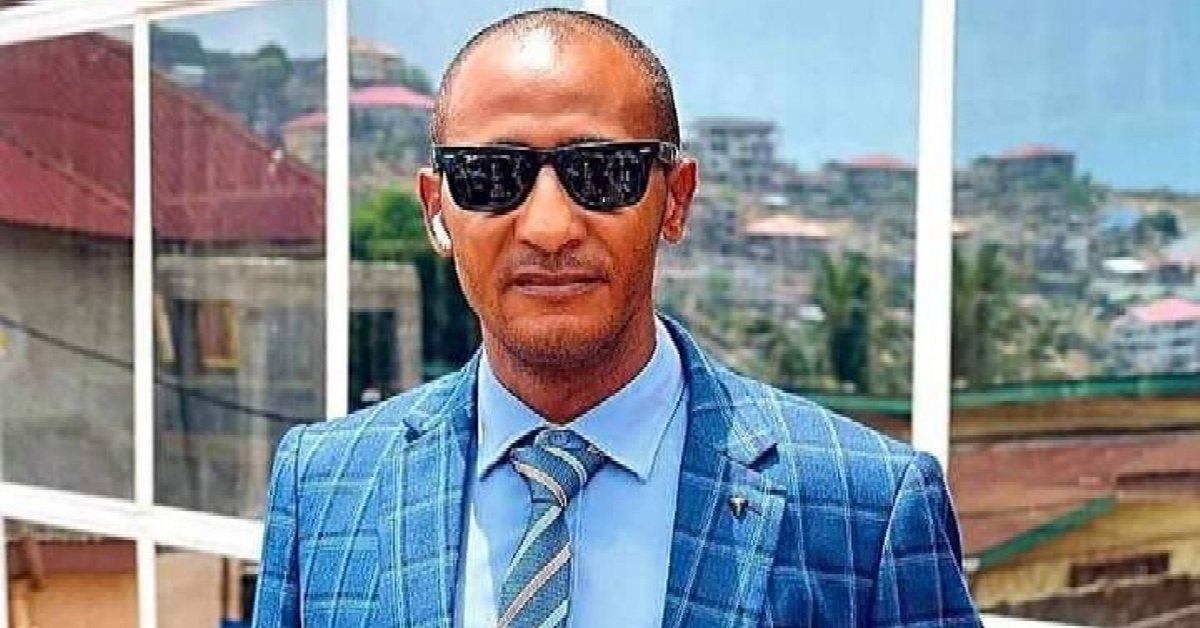Elections are a cornerstone of democratic societies, and journalism plays a vital role in ensuring that elections are free, fair, and transparent. The role of the media in elections is to provide citizens with accurate, unbiased information about the candidates, their policies, and the electoral process itself. This essay will explore the importance of journalism in elections, the challenges faced by journalists covering elections, and the ethical responsibilities of journalists in reporting on elections.
Journalism is essential in providing citizens with the information they need to make informed decisions about who to vote for. The media has a responsibility to report on the candidates and their policies in an accurate, objective, and comprehensive manner. This includes covering all candidates fairly, providing analysis of their policies and positions, and fact-checking claims made by candidates. This reporting must be done without bias or partisanship, ensuring that citizens can make informed decisions based on the facts.
However, covering elections can be a challenging task for journalists. There are many obstacles that can hinder their ability to report accurately on the electoral process. One of the most significant challenges faced by journalists is the pressure to report quickly. In the age of social media, news spreads rapidly, and journalists are often expected to provide updates in real-time. This can lead to errors and inaccuracies in reporting, which can have significant consequences for the electoral process.
Another challenge faced by journalists is the risk of violence and intimidation. In some countries, journalists covering elections may face threats from political actors who seek to control the narrative and suppress free and fair reporting. This can make it difficult for journalists to report accurately on the electoral process, as they may fear for their safety.
Despite these challenges, journalists have an ethical responsibility to report accurately on elections. This requires them to maintain their independence and impartiality, avoiding any conflicts of interest that may compromise their reporting. Journalists must also be transparent about their sources and methods, ensuring that their reporting is based on facts and evidence rather than speculation or hearsay.
In addition to their ethical responsibilities, journalists also have a critical role to play in holding candidates and officials accountable for their actions. This includes investigating allegations of corruption, exposing electoral fraud, and reporting on any attempts to manipulate the electoral process. By doing so, journalists can help to ensure that elections are free, fair, and transparent, and that citizens are able to make informed decisions about who to vote for.
In conclusion, journalism plays an essential role in ensuring that elections are free, fair, and transparent. Despite the challenges faced by journalists in covering elections, they have an ethical responsibility to report accurately and impartially on the electoral process. By doing so, journalists can help to hold candidates and officials accountable, and ensure that citizens are able to make informed decisions about who to vote for. As such, the importance of accurate reporting in journalism cannot be overstated, and it is vital that we continue to support and defend a free and independent press.



 1 Comment
1 Comment









In Sierra Leone, the PAOPA regime ensures that all journalists and Civil Society ( CSO) members are regularly given Brown envelopes.
These groups are Not independent, they Care very little about their Integrity and the Masses. Their main target and concerns are how to greese their pockets.
Very few people have Respect for journalists and Civil Society Organization ( CSO) members in this country. All of them are actively involved in politics.
“Oh Sa Lone”